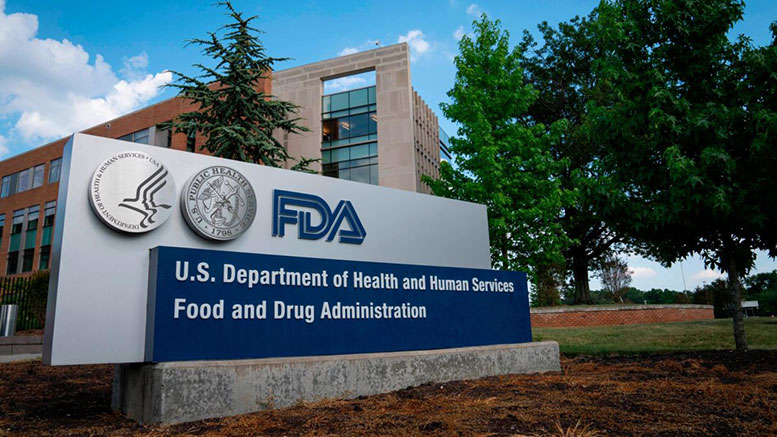The U.S. Food & Drug Administration (FDA) has issued warnings to four companies that make CBD products for animals, citing safety concerns and ordering them to halt marketing.
The FDA said data on safety regarding CBD for pets and large animals is lacking and that claims made by the companies about the curative effects of CBD in animals are unproven.
The agency has been cracking down on CBD marketers for several years, most recently over claims regarding the compound’s efficacy in the treatment of covid-19, and hemp-derived delta-8 THC.
Companies whose animal CBD products drew the FDA warnings were Hope Botanicals, Dallas, Texas; Plantacea, Las Vegas, Nevada; Haniel Concepts/Free State Oils, Perry, Kansas; and Kingdom Harvest, Hendersonville, North Carolina.
Are they drugs?
In the latest warning letters, FDA said therapeutic claims by the marketers establish the animal products as drugs, in violation of the Food, Drug, and Cosmetic Act (FD&C Act). Specific marketing claims cited by the FDA suggest CBD “(helps) farm animals with stress, anxiety, pain, inflammation, injuries…” and “maintain a healthy gut, maintain a normal and balanced behavior, maintain healthy joints, maintain a normal inflammatory response….”
Under the FD&C Act, products intended to treat a disease or which have a therapeutic or medical application, or any non-food product that affects the structure or function of the human or animal body is a drug. To date, the FDA has approved only one CBD-containing product, Epidiolex, a prescription drug for the treatment of rare forms of epilepsy in children.
All other CBD products intended for therapeutic use “are considered unapproved drugs and are illegal to sell,” FDA said in a press release announcing the warning letters.
“Unapproved drugs like these CBD products have not been evaluated by the FDA to determine whether they are effective for their intended use, what the proper dosage might be, how the products could interact with FDA-approved drugs, or whether they have dangerous side effects or other safety concerns,” the agency said.
An additional concern is a lack of data about the safety of the human food products (meat, milk and eggs) derived from animals that have been fed CBD products, FDA said.
Fears over animal health
FDA said it is concerned that pet and food-producing animal owners may postpone veterinary care because they are relying on unproven claims associated with unapproved CBD products. For example, marketing of some products from the four companies made claims about alleviating anxiety in animals; anxiety can signal of a range of medical conditions requiring professional care, FDA noted.
In addition to the CBD products marketed for animals, the four companies which received warning letters also sell unapproved human CBD products and adulterated human foods, the FDA charged. Some of those products – which include oils, creams, extracts, salves, and gummies – were also marketed as dietary supplements even though CBD-containing products do not meet the definition of a dietary supplement, according to the agency.
Kingdom Harvest, the North Carolina company which was warned over its animal CBD products, was also among companies recently cited by the FDA for marketing of delta-8 THC products, which are in legal limbo.
The letters sent this month regarding CBD and animals urged the companies to ensure they comply with federal law and FDA regulations, and warned they could face “legal action including, without limitation, seizure and injunction” for failing to do so. The companies have 15 days to reply.

